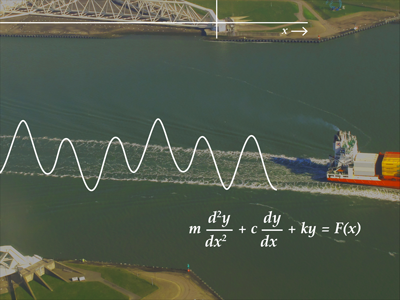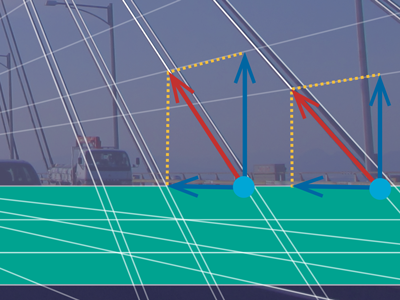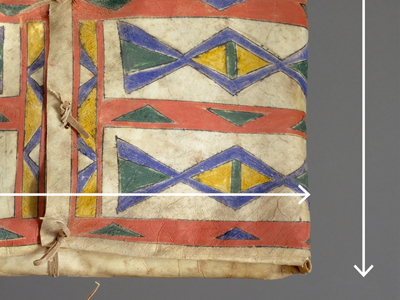Overview
This course provides an introduction to probability theory. You will encounter discrete and continuous random variables and learn in which situations they appear, what their properties are and how they interact.
A strong foundation in mathematics is critical for success in all science and engineering disciplines. Whether you want to make a strong start to a master’s degree, prepare for more advanced courses, solidify your knowledge in a professional context or simply brush up on fundamentals, this course will get you up to speed.
Probability theory can be applied to learn more about real-life problems, and it is useful for building models. Moreover, it provides the basis for statistics and applications in data analysis. Therefore, it is a useful subject for any aspiring or practicing engineer.
We will use some basic calculus, in particular (partial) differentiation and (multiple) integration. The focus will be on the interpretation rather than on the computation; so the required techniques will be low-level. If, however, you feel insecure about these topics, you can brush up on them in our calculus courses within this series.
This course will offer you an overview of the probability theory elements common to most engineering bachelor programs. It will provide enough depth to cover the probability theory you need to succeed in your engineering master’s or profession in areas such as modeling, finance, signal processing, logistics and more.
This is a review course
This self-contained course is modular, so you do not need to follow the entire course if you wish to focus on a particular aspect. As a review course you are expected to have previously studied or be familiar with most of the material. Hence the pace will be higher than in an introductory course.
This format is ideal for refreshing your bachelor level mathematics and letting you practice as much as you want. Through the Grasple platform, you will have access to plenty of exercises and receive intelligent, personal and immediate feedback.
What You'll Learn
- Describe discrete and continuous random variables (RVs).
- Deduce properties of RVs, such as expectation and variance.
- Gain insight into when certain RVs appear in a specific context.
- Observe how two RVs interact.
- Obtain understanding into some limiting results, in particular the Central Limit Theorem and how powerful it is.
- Simulate some real-life situations.
Details
Course Syllabus
Week 1: Probability spaces and general concepts
- events
- probability function
- conditional probability
- introduction to discrete random variables
Week 2: Discrete random variables
- Bernoulli distribution
- geometric distribution
- binomial distribution
- Poisson distribution
- applications
Week 3: Continuous random variables
- density function
- exponential distribution
- Pareto distribution
- normal distribution
Week 4: Multivariate random variables
- joint distribution
- marginal distribution
- covariance and correlation
- independence
- conditional expectation
Week 5: Limiting theorems
- law of large numbers (LLN)
- central limit theorem (CLT)
- applications
Week 6: Simulation
- Monte Carlo simulation
- examples
Qualifications
Chartered Engineering Competences
All our online courses and programs have been matched to the competences determined by KIVI’s Competence Structure, a common frame of reference for everyone, across all disciplines, levels and roles.
These competences apply to this course:
- A1: Extend your theoretical knowledge of new and advancing technologies.
Admission
This is a Massive Open Online Course (MOOC) that runs on edX.
Prerequisites
Prior knowledge of all the material covered.
Some calculus will be used: (partial) differentiation and (multiple) integration. We expect you to be familiar with these topics.
This course is a review course. As such we expect that you are already familiar with some basic topics in probability theory.


